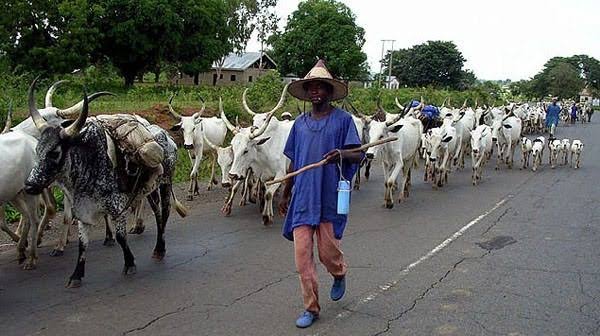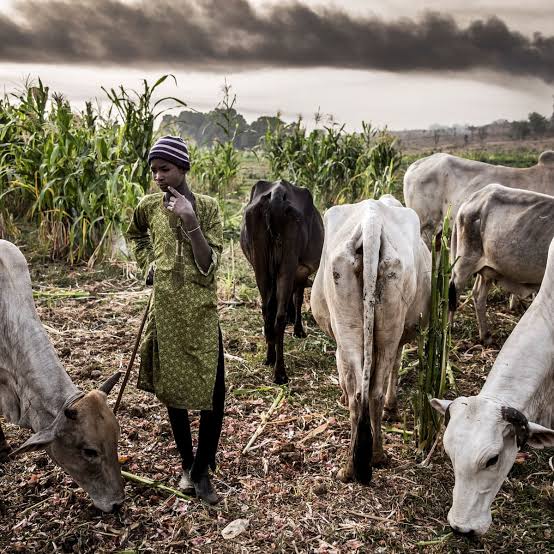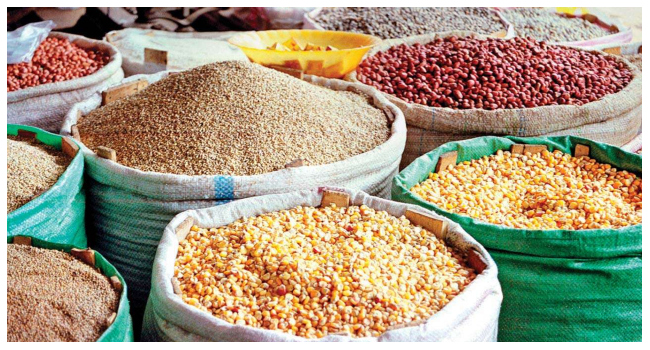The imperative of banning open grazing in Nigeria
BY NDAMODU ALI

The longstanding feud between farmers and herders in Nigeria has reached a critical juncture, necessitating urgent action from the National Assembly. The introduction of a bill to ban open grazing is a welcome development that holds the potential to finally address this volatile situation.
Open grazing has been a major contributor to the cycle of violence between these two vital components of Nigeria’s agricultural sector. As herdsmen move their livestock across the country in search of pasture, they often encroach on farmlands, leading to the destruction of crops and livelihoods. This has understandably provoked retaliation from affected farmers, sparking deadly clashes that have claimed hundreds of lives and displaced thousands.

Banning this practice is a necessary step towards restoring peace and stability in Nigeria’s rural communities. By restricting the movement of livestock, the proposed legislation would help to mitigate the risk of land disputes and protect the investments of hardworking farmers. This, in turn, would bolster food security and support the livelihoods of a significant portion of the population.
However, the success of this policy hinges on the government’s ability to provide viable alternatives for the herding community. Simply prohibiting open grazing without addressing the fundamental needs of pastoralists would be counterproductive, potentially driving them into further marginalization and desperation.
The government must therefore prioritize the establishment of ranching systems and grazing reserves that offer herders secure access to land and water resources. This would enable them to rear their livestock in a more sustainable and less disruptive manner, while also ensuring the protection of farmlands and the rights of both groups.

Crucially, this transition must be accompanied by comprehensive support measures, such as the provision of infrastructure, veterinary services, and financial assistance. Only by addressing the underlying economic and practical challenges faced by herders can the government hope to achieve a lasting solution to the farmers-herders conflict.
The stakes are high, but the potential benefits of banning open grazing are immense. By taking this bold step, Nigeria’s lawmakers have the opportunity to usher in a new era of agricultural prosperity, where farmers and herders can coexist peacefully and contribute to the nation’s food security and economic development. It is a challenge that must be met with vision, compassion, and a steadfast commitment to the well-being of all Nigerians.






